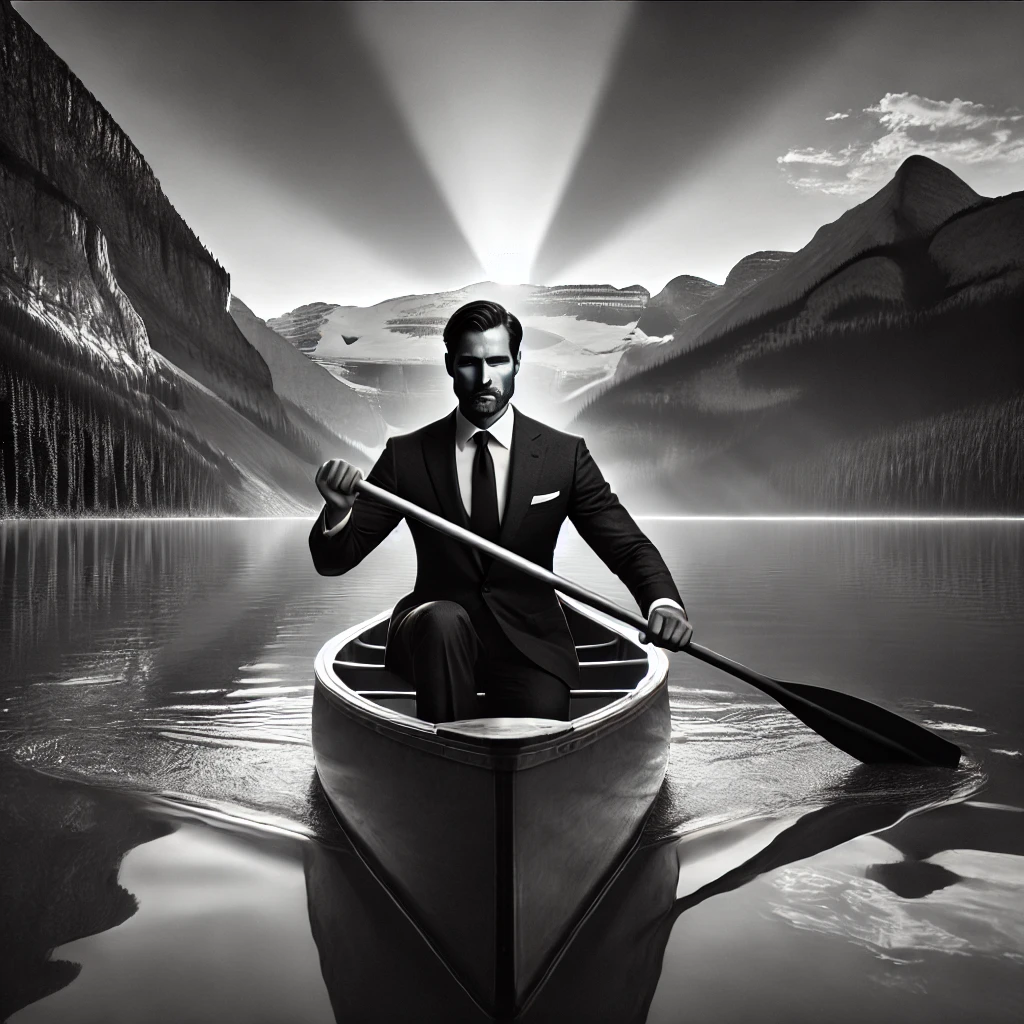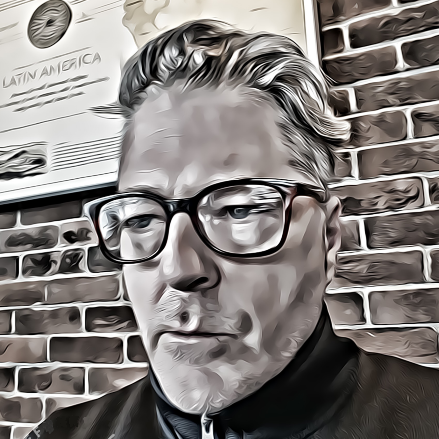
At Issue: When I first heard rumors that Justin Trudeau was considering running for Prime Minister, I paused. Comparing his background to his father’s—Pierre Elliott Trudeau, a brilliant and transformative figure in Canadian politics—was inevitable. Pierre Elliott Trudeau, love him or hate him, put Canada on the world stage and brought it into the modern era with a constitution crafted with the benefit of centuries of hindsight. That constitution remains a cornerstone of Canadian governance, avoiding pitfalls that still cripple other modern democracies.
Something within me, perhaps channeling my inner Pierre, resisted the idea of Justin Trudeau being elected solely because of his name. To earn the trust of the Canadian people, he needed gravitas and merit, not nepotism. Canada, like any other country, has a rough political arena, and Justin Trudeau would have his chance to prove himself. To my astonishment, he did. Justin Trudeau surpassed my expectations, showing considerable skill in the run-up to the 2015 election. He made rookie mistakes, as one would expect of someone his age and experience, but Canadians seemed willing to give him a chance—perhaps, in part, because no one expected him to match his father’s towering legacy.
Trudeau’s Initial Success
Justin Trudeau delivered. He revived the Liberal Party from the brink of political extinction during a period when Canada had already experienced its own right-wing wave through the Conservative Reform movement born out of the Western provinces. His victory in 2015 brought optimism to many Canadians. However, my initial concerns lingered: did Justin Trudeau have a concrete vision for Canada beyond cultural issues?
While his progressive stance on social issues was clear, his grasp of economics seemed less assured. His approach often appeared to focus on resetting the balance for women and minorities without addressing the deeper economic and structural challenges underpinning inequality. For example, his immigration policies were inspired, in part, by Germany’s Angela Merkel, aiming to address Canada’s demographic deficit. However, they lacked the necessary follow-through. Massive immigration occurred without adequate planning for housing, labor market integration, or equitable distribution across provinces. Trudeau’s government often suffered from a pattern of proposing good ideas that were poorly executed.
Governing by Impulse
Trudeau’s “shoot from the hip” approach to governance became a hallmark of his tenure. His deficits, while declared upfront, ballooned as his administration implemented policies without adequately addressing their practical implications. After nine years in office, the flaws in his grand ideas became evident, creating new problems rather than solving old ones. His handling of immigration is a case in point, leaving questions about whether Canada’s infrastructure and resources could support the influx of newcomers.
On the world stage, Trudeau’s performance was mixed. Early in his tenure, he cultivated strong relationships with leaders in Europe and elsewhere. Yet, over time, these relationships seemed to fray. By the end of his tenure, it appeared that global leaders like Modi and Xi had stopped returning his calls. This is a stark contrast to his father, who left a legacy of elevating Canada’s global standing.
Legacy and Regrets
Assessing Trudeau’s legacy is no simple task—that will be left to political historians. What’s clear is that his tenure was a mix of genuine effort and notable missteps. While he devoted himself to public service, his decisions often lacked the long-term planning necessary to achieve sustainable outcomes. His departure underscores a desire for stability and a government more focused on building a robust economic foundation for Canadians. However, the alternative—Pierre Poilievre’s vision—risks over-reliance on market forces and privileging millionaires and billionaires. Canadians overwhelmingly seek government intervention to address their top concerns, such as housing affordability, healthcare, and climate change. Ignoring these priorities would deepen the disillusionment Trudeau’s leadership sometimes fostered.
The irony of Trudeau’s resignation lies in what might have been. I suspected he would stay in the race, eager to rhetorically outmaneuver Poilievre in a debate. As an amateur pugilist, Trudeau likely relished the idea of a political “fight.” There was no other candidate on the Liberal side that could take on Poilievre in a debate. Trudeau, having successfully taken down Stephen Harper’s government, desperately wanted another crack in the ring and to bring down Harper’s most vocal barking dog, Pierre Poilievre, and kill that legacy for all eternity. To deliver the knock-out punch I thought he might unveil an “October Surprise”—perhaps reintroducing electoral reform, a long-abandoned campaign promise.
Well, lo and behold, in his farewell speech, Trudeau lamented not pursuing electoral reform, which he argued could prevent the fracturing of Canadian politics by encouraging candidates to run on policies rather than party ideologies. (Another irony in itself having brought an established party back from the brink of extinction.) This “tell” suggests that had his party remained loyal to him, he might have reintroduced electoral reform as a cornerstone of his 2025 campaign. However, such a move would likely have been perceived as a “hail Mary pass”—a desperate attempt to salvage his leadership rather than a genuine solution to Canada’s challenges.
Moving Forward
As Canada looks to the future, it needs a leader who can focus on stabilizing the economy while addressing Canadians’ most pressing concerns. A progressive government can still play a crucial role, but it must execute its policies effectively and build a solid financial foundation for its citizens. While Trudeau’s tenure may serve as a cautionary tale, it also underscores the importance of thoughtful governance that balances ambition with pragmatism. Well, it’s not what I want. It’s what Canadians are largely saying if the polling on this is recognized.
In the end, Justin Trudeau tried hard and sacrificed much. His personal life suffered deeply during his time in office, and his devotion to public service was unquestionable. But even the economic progressive in me yearns for a government that focuses on the basics: housing, healthcare, and economic stability. If the next leader ignores these fundamentals, Trudeau’s failures may leave scars on Canada’s democratic institutions that will take years to heal.
PS. The ultimate irony is that Trudeau’s resignation is not the move that ends Harper’s legacy through Poilievre. Instead, it’s the final chapter of a political family dynasty one we may never see the likes of again in our lifetime.

Leave a Reply